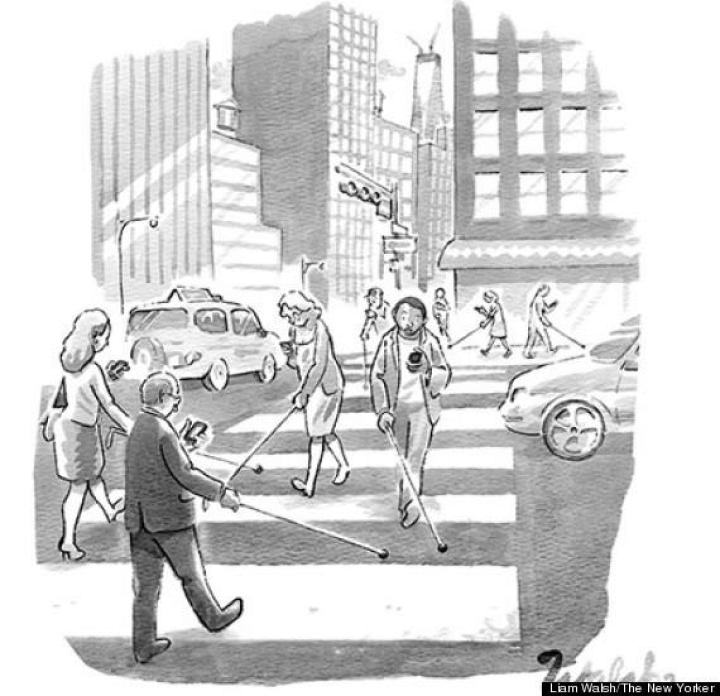digititis noun d·ig·iti·tis | \ ˈdi-jə-tī-təs \
Digititis: 1. the condition whereby our fingers, as soon as they come in touch with digital devices, exercise control over our brains to make us do stupid things.
2. an addiction to digital devices, daily from when we wake up to when we go to sleep.



